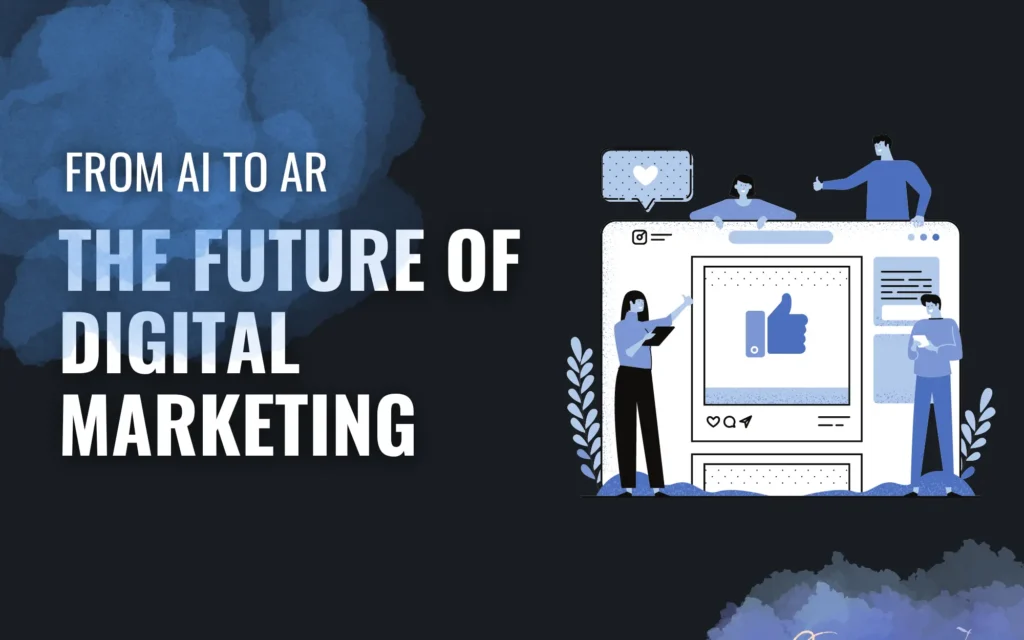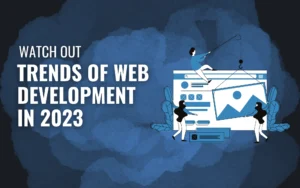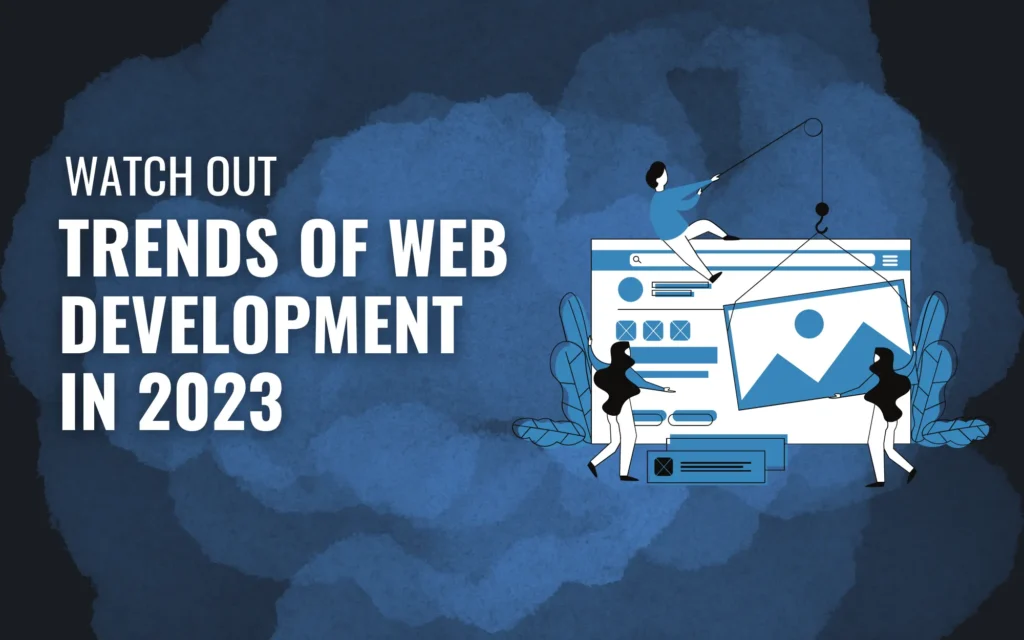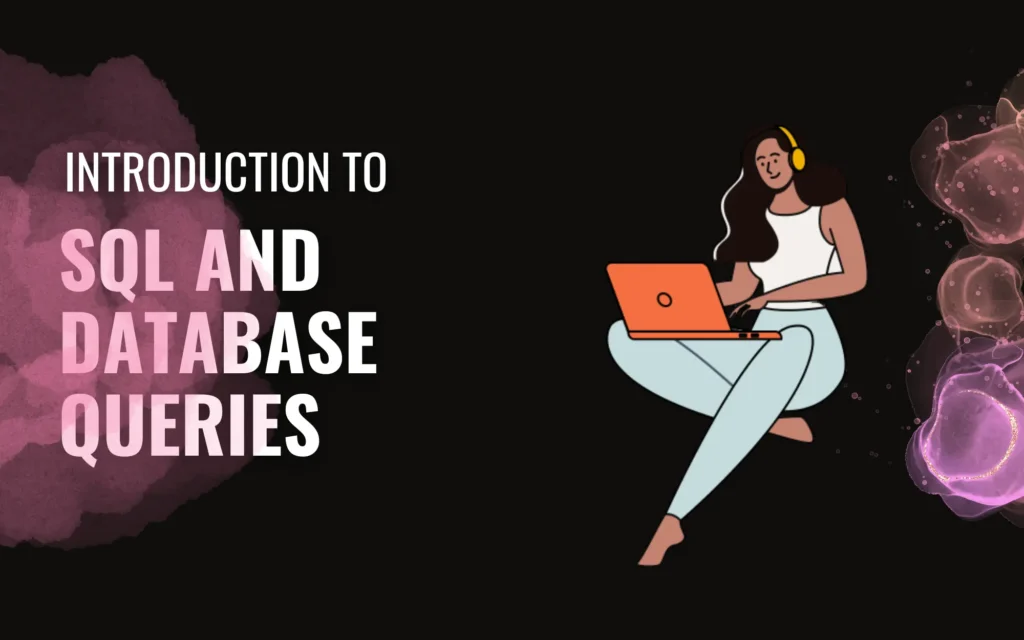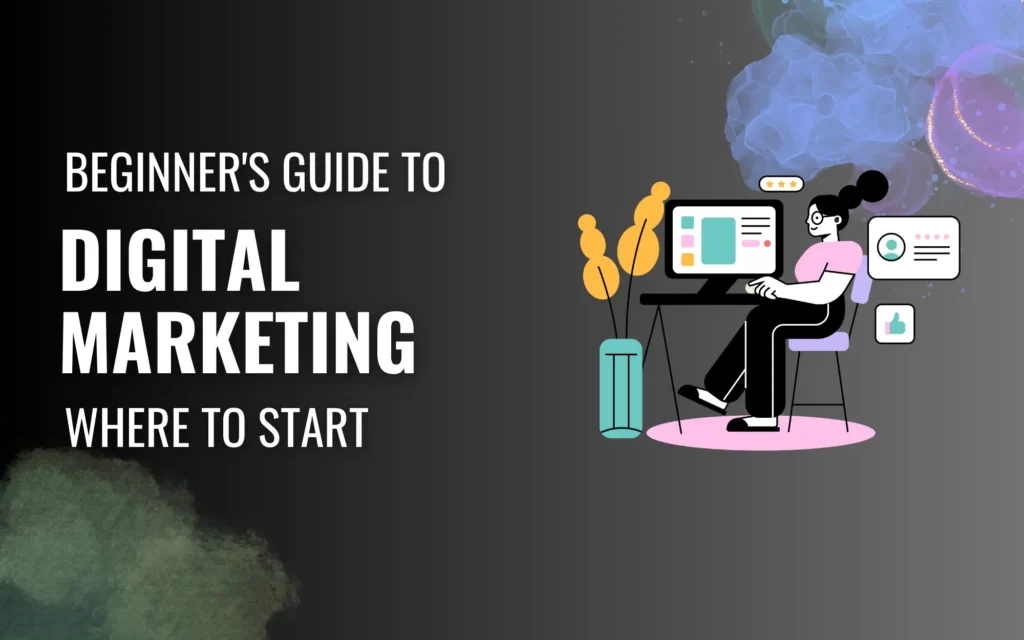Digital marketing has transformed the way businesses promote their products and connect with their target audience. With the constant evolution of technology, it is crucial for marketers to stay ahead of the curve and adapt to emerging trends and technologies. In this extensive blog post, we will explore the future of digital marketing and discuss the key trends that are shaping the industry.
- Table of Contents
- Introduction
- The Rise of Artificial Intelligence (AI) in Marketing
- Voice Search and Conversational AI
- Personalization and Hyper-Targeting
- Video Marketing and Live Streaming
- Augmented Reality (AR) and Virtual Reality (VR)
- Influencer Marketing and User-Generated Content
- Social Commerce and Shoppable Posts
- Data Privacy and Security
- The Growing Significance of Mobile Marketing
- Blockchain Technology in Digital Advertising
- Automation and Marketing Technology Stack
- Integrated Marketing Strategies
- Measuring ROI and Attribution Modeling
- Conclusion
Introduction
Digital marketing has completely transformed the approach through which businesses connect with and captivate their clientele. It encompasses a wide range of strategies and channels, including search engine optimization (SEO), content marketing, social media marketing, email marketing, and more. As technology continues to advance, digital marketers need to embrace emerging trends and technologies to stay competitive in the ever-changing landscape.
The Rise of Artificial Intelligence (AI) in Marketing
The emergence of Artificial Intelligence (AI) has ushered in a new era of digital marketing, revolutionizing the way businesses engage with their audience. AI-powered tools and algorithms can analyze vast amounts of data, automate tasks, and provide valuable insights for marketers. Machine learning algorithms can personalize content, predict customer behavior, and optimize advertising campaigns. Chatbots powered by AI can enhance customer support and improve user experience.
Voice Search and Conversational AI
The surging popularity of voice search can be attributed to the rapid advancements in smart speaker technology and virtual assistants, paving the way for a transformative shift in how people interact with digital devices.. Marketers need to optimize their content for voice search queries to ensure their websites appear in voice search results. Conversational AI, which includes chatbots and virtual assistants, enables businesses to engage with customers in real-time and provide personalized recommendations.
Personalization and Hyper-Targeting
Gone are the days of generic marketing messages. In the modern era, individuals anticipate customized encounters that cater to their specific preferences and requirements, setting higher standards for businesses to deliver tailored experiences. Advanced analytics and customer data enable marketers to segment their audience and deliver targeted content and offers. Hyper-targeting allows marketers to reach specific individuals or niche markets, maximizing the effectiveness of their campaigns.
Video Marketing and Live Streaming
For numerous consumers, video has emerged as the favored medium for consuming content, capturing their attention and preference like never before. It allows businesses to convey their messages in a more engaging and memorable way. Live streaming has also gained traction, providing opportunities for real-time interaction with the audience. Marketers can leverage video marketing and live streaming to create authentic connections with their target audience.
Augmented Reality (AR) and Virtual Reality (VR)
Augmented reality and virtual reality technologies are transforming the way consumers experience products and services. AR allows users to overlay digital information onto the real world, enhancing their shopping experience. VR, on the other hand, provides immersive experiences that transport users to virtual environments. These technologies open up new possibilities for marketers to showcase their products and engage customers.
Influencer Marketing and User-Generated Content
Influencer marketing has become a powerful strategy for brands to reach their target audience through trusted individuals. Social media influencers can help create brand awareness and drive conversions. User-generated content
Social Commerce and Shoppable Posts
Social media platforms have evolved beyond being just a place for social interaction. They have become an integral part of the buyer’s journey. Social commerce has revolutionized the way consumers explore and buy products, enabling direct discovery and seamless purchasing experiences within social media platforms. Shoppable posts enable businesses to tag products in their posts, providing a seamless shopping experience for users. Marketers need to leverage these features to drive conversions and capitalize on the popularity of social media.
Data Privacy and Security
As digital marketing relies heavily on data, ensuring data privacy and security is paramount. With the introduction of regulations like the General Data Protection Regulation (GDPR) and the California Consumer Privacy Act (CCPA), businesses need to prioritize the protection of customer data. Marketers should adopt transparent data practices, obtain proper consent, and invest in secure infrastructure to build trust with consumers.
The Growing Significance of Mobile Marketing
Mobile devices have become an essential part of people’s lives, and marketers need to optimize their strategies for mobile users. Mobile marketing includes tactics such as mobile-responsive websites, mobile apps, SMS marketing, and mobile advertising. With the increasing number of mobile users, delivering seamless experiences across mobile devices is crucial for success in digital marketing.
Blockchain Technology in Digital Advertising
The disruptive power of blockchain technology has the capacity to transform the landscape of digital advertising, effectively tackling challenges surrounding transparency, fraud prevention, and enhanced accountability. It allows for verifiable and decentralized ad tracking and ensures fair compensation for content creators. By leveraging blockchain, marketers can build trust, eliminate intermediaries, and create more efficient advertising ecosystems.
Automation and Marketing Technology Stack
Automation plays a vital role in streamlining marketing processes and improving efficiency. Marketing automation platforms enable businesses to automate repetitive tasks, such as email marketing, lead nurturing, and social media scheduling. Additionally, the integration of various marketing technologies, known as the marketing technology stack, helps marketers manage and analyze data effectively, leading to better decision-making and campaign optimization.
Integrated Marketing Strategies
Integrated marketing strategies involve aligning various marketing channels and tactics to deliver a cohesive brand experience. By integrating efforts across channels like social media, content marketing, email marketing, and offline advertising, businesses can create a unified message and reinforce brand recall. Integrated marketing strategies ensure consistency and improve the overall impact of marketing campaigns.
Measuring ROI and Attribution Modeling
Measuring the return on investment (ROI) of digital marketing efforts is crucial for understanding the effectiveness of campaigns. Attribution modeling helps marketers attribute conversions to the appropriate touchpoints in the customer journey. By accurately measuring ROI and analyzing attribution, businesses can allocate resources more efficiently and optimize their marketing strategies for maximum impact.
Conclusion
The future of digital marketing is filled with exciting opportunities and challenges. By embracing emerging trends and technologies, marketers can stay ahead of the competition and effectively reach their target audience. From AI-powered marketing tools to immersive experiences with AR and VR, the digital landscape continues to evolve rapidly. By staying informed, adapting strategies, and focusing on delivering personalized, engaging content, businesses can thrive in the dynamic world of digital marketing.

